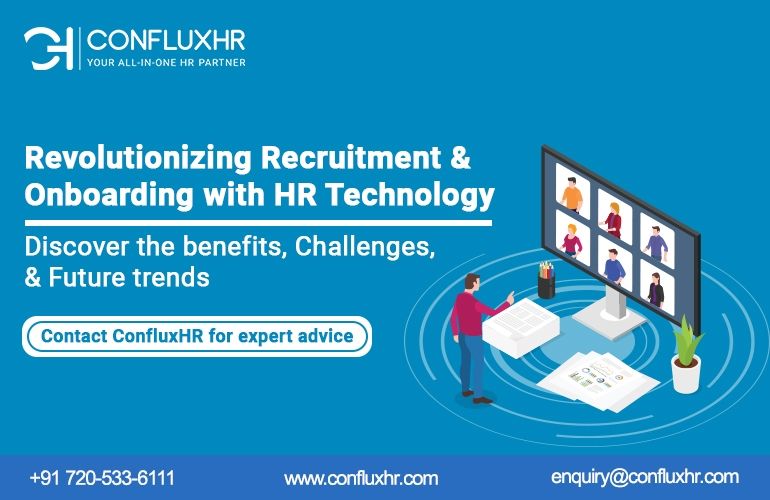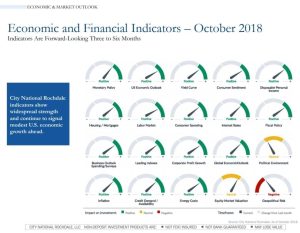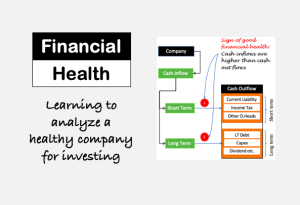
In today’s digital era, Human Resources (HR) departments are increasingly relying on technology solutions to streamline their processes and improve overall efficiency. HR technology implementation involves the integration and utilization of software, systems, and tools to manage various HR functions, such as recruitment, employee onboarding, performance management, payroll processing, and talent management.
The Benefits of HR Technology Implementation
Implementing HR technology can bring numerous benefits to organizations, both large and small. Below are some key advantages:
Efficiency: HR technology automates time-consuming manual tasks, allowing HR professionals to focus on strategic initiatives and employee engagement. This improves overall productivity and reduces administrative overhead.
Data Accuracy: Manual record-keeping is prone to errors and can lead to costly mistakes. HR technology ensures accurate data entry, reducing the risk of compliance issues and providing reliable insights for decision-making.
Streamlined Workflows: HR technology enables streamlined processes for employee onboarding, performance reviews, leave management, and other HR functions. This standardization improves consistency and ensures equitable treatment across the organization.
Enhanced Candidate Experience: Implementing applicant tracking systems (ATS) and recruitment software simplify the hiring process, enabling organizations to attract and select top talent efficiently. A seamless candidate experience improves the employer brand and increases the likelihood of attracting quality candidates.
Improved Analytics and Reporting: HR technology provides powerful analytics tools that allow HR professionals to gather actionable insights from employee data. This enables data-driven decision-making and helps identify trends, patterns, and areas for improvement.
Key Considerations for HR Technology Implementation
While implementing HR technology can bring significant benefits, organizations need to consider various factors to ensure successful implementation and adoption. Here are some key considerations:
1. Needs Assessment:
Before selecting and implementing HR technology, conduct a thorough needs assessment to identify your organization’s pain points and requirements. Determine what functionalities and features are essential to address these needs and align with your HR strategy.
2. Vendor Selection:
Research and evaluate different HR technology vendors based on their reputation, customer reviews, functionality, scalability, and support services. Engage with potential vendors and request demonstrations to understand how their solutions align with your requirements and existing infrastructure.
3. Integration Capability:
Consider the compatibility and integration capability of the HR technology solution with your existing systems, such as payroll, timekeeping, or performance management software. Seamless integration ensures data accuracy and prevents information silos.
4. User-Friendliness:
Choose an HR technology solution that is user-friendly and intuitive for both HR professionals and employees. The system should be easy to navigate, with a clean and responsive interface to enhance user adoption and minimize training requirements.
5. Change Management:
Implementing HR technology often involves significant changes in processes and workflows. Develop a comprehensive change management plan that includes communication, training, and ongoing support to ensure smooth adoption and acceptance among employees.
6. Security and Privacy:
Ensure the HR technology solution meets industry security standards and has robust measures in place to protect sensitive employee data. Data privacy and compliance regulations, such as GDPR or CCPA, should be considered to avoid legal and reputational risks.
7. Scalability:
Choose an HR technology solution that can scale and grow alongside your organization. Consider future expansion plans and evaluate whether the system can support increased employee numbers and evolving HR requirements.
Successful HR Technology Implementation
To ensure successful HR technology implementation, follow these best practices:
1. Obtain Stakeholder Buy-In:
Obtain buy-in from key stakeholders, including HR leaders, IT teams, and senior management. Involving them from the beginning helps gain support, align objectives, and ensure adequate resources are allocated.
2. Comprehensive Training:
Provide comprehensive training to HR professionals and employees on how to effectively use the HR technology solution. Make sure training materials are easily accessible and consider organizing workshops or webinars to reinforce learning.
3. Data Cleansing and Migration:
Prioritize data cleansing and migration by ensuring accurate and up-to-date employee information is transferred to the new system. Validate and clean data before migration to prevent issues down the line.
4. Test and Iterate:
Conduct thorough testing of the HR technology solution before going live. Identify and fix any issues or bugs, and gather feedback from users to continuously improve the system and optimize its functionality.
5. Evaluate and Refine:
Regularly evaluate the effectiveness of the HR technology solution and gather feedback from users. Use this feedback to refine and enhance the system, ensuring it continues to meet the evolving needs of your organization.
Conclusion
Implementing HR technology can revolutionize HR processes, improve efficiency, and enhance the overall employee experience. However, successful implementation relies on careful planning, stakeholder involvement, comprehensive training, and ongoing evaluation. By investing in the right HR technology solution and following best practices, organizations can unlock the full potential of technology to transform their HR departments and drive better business outcomes.


